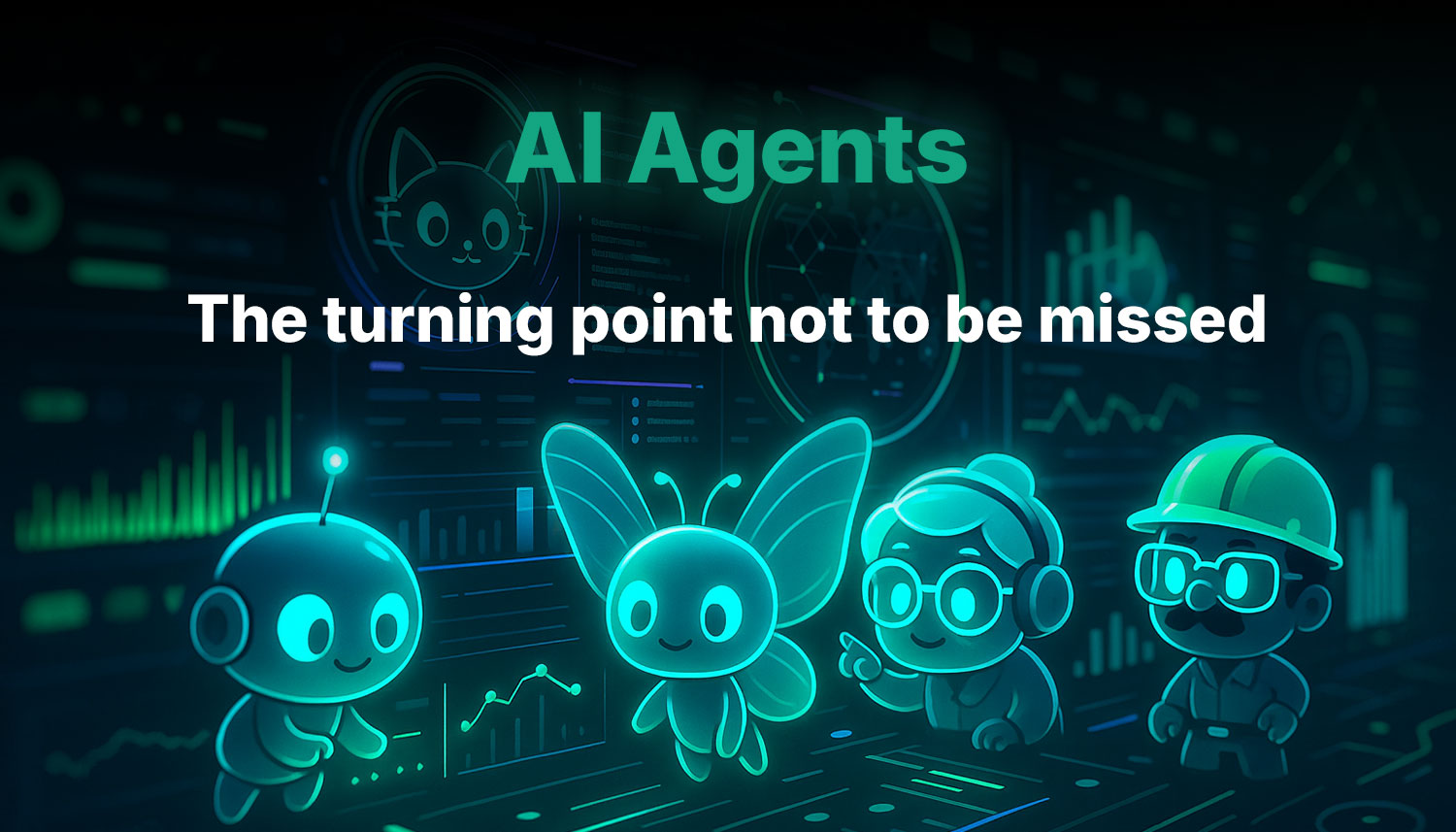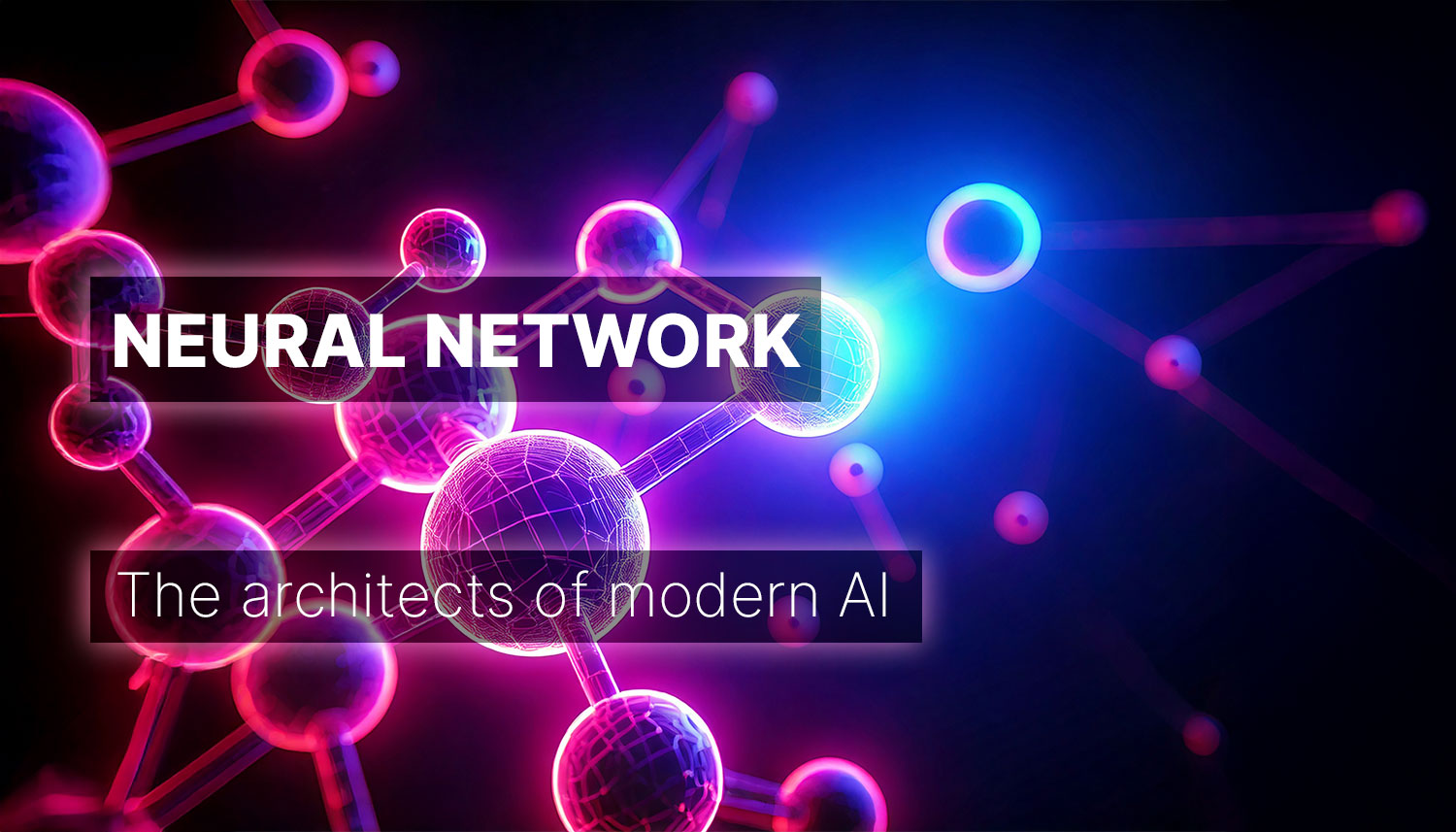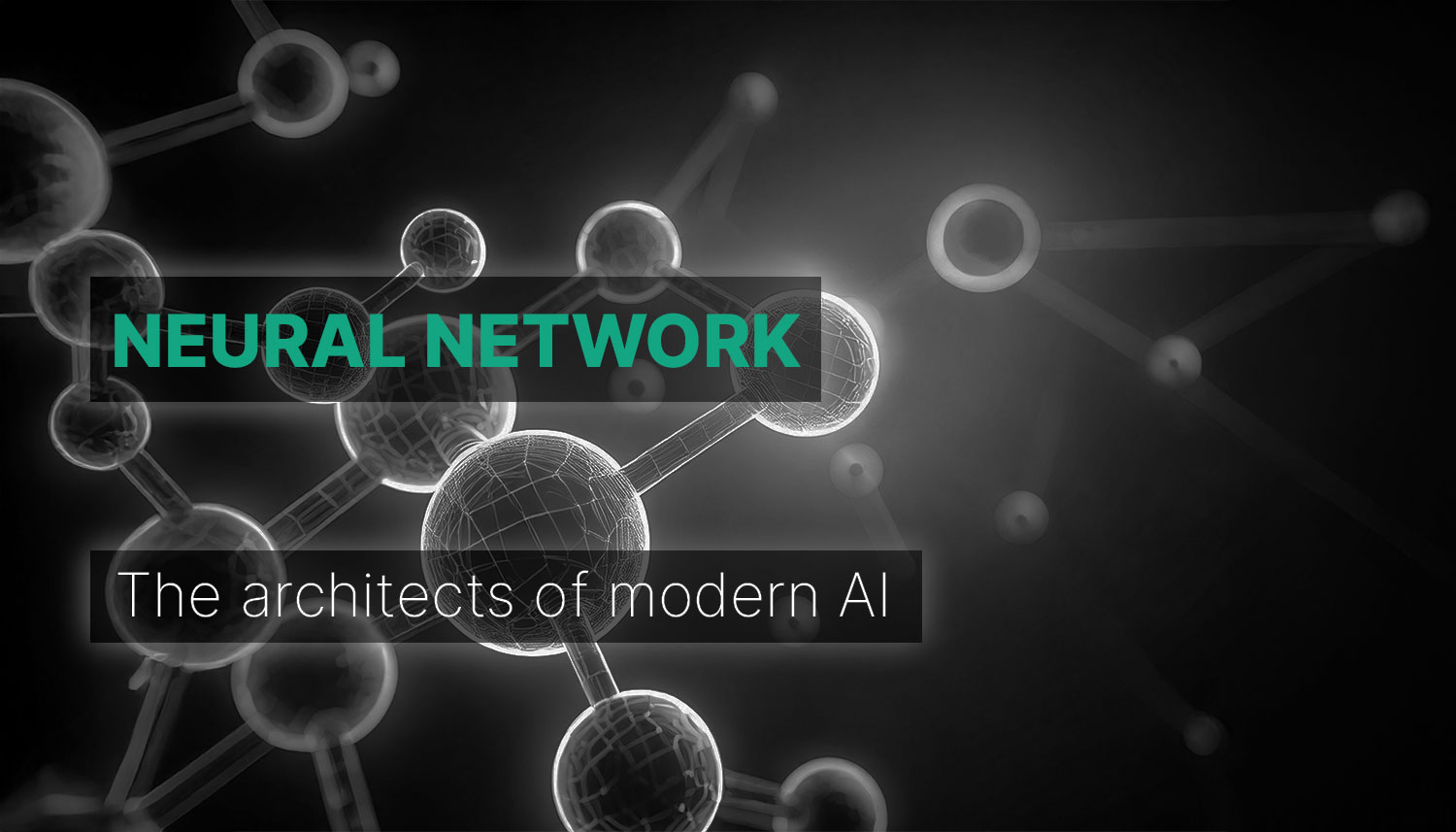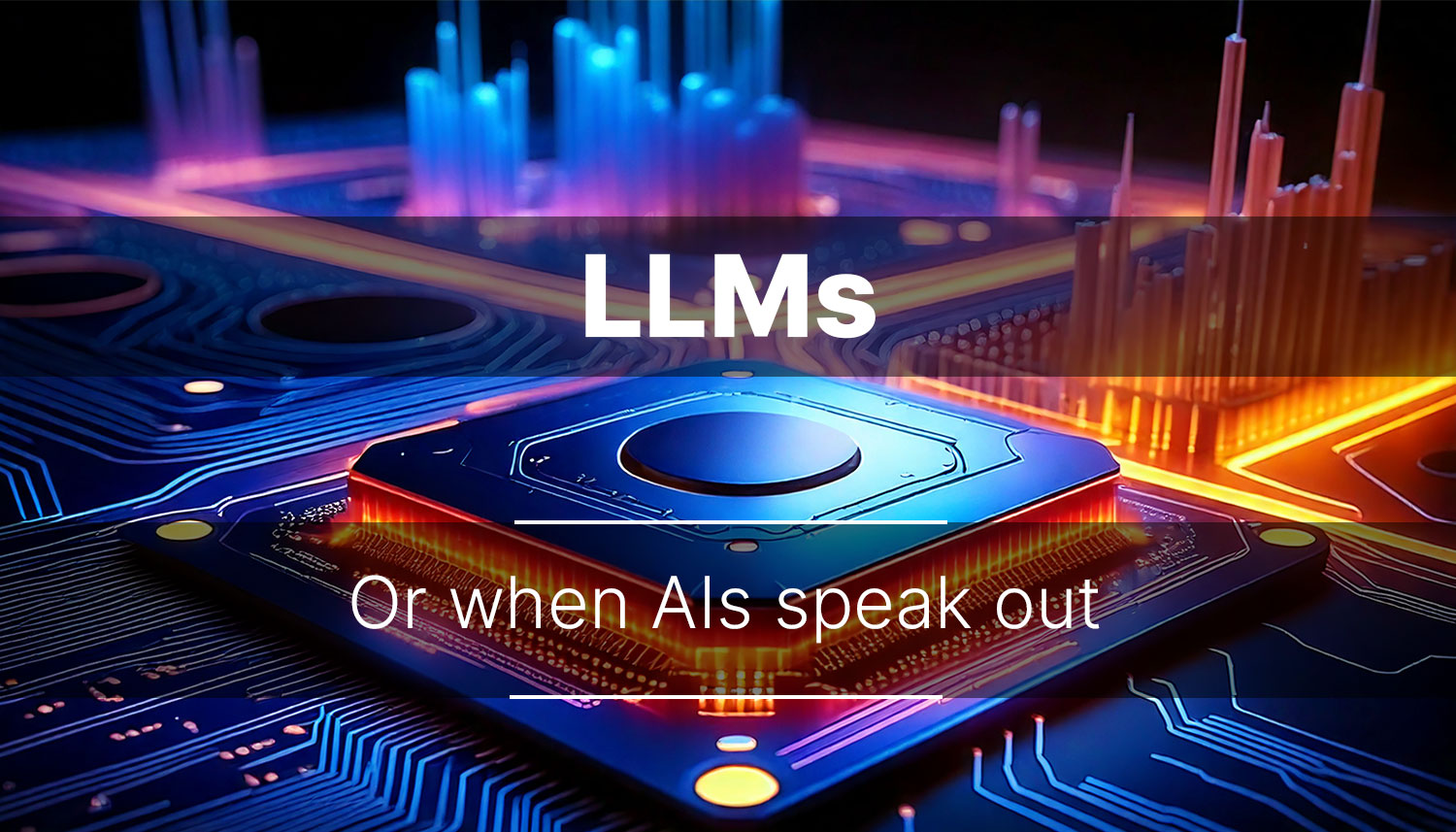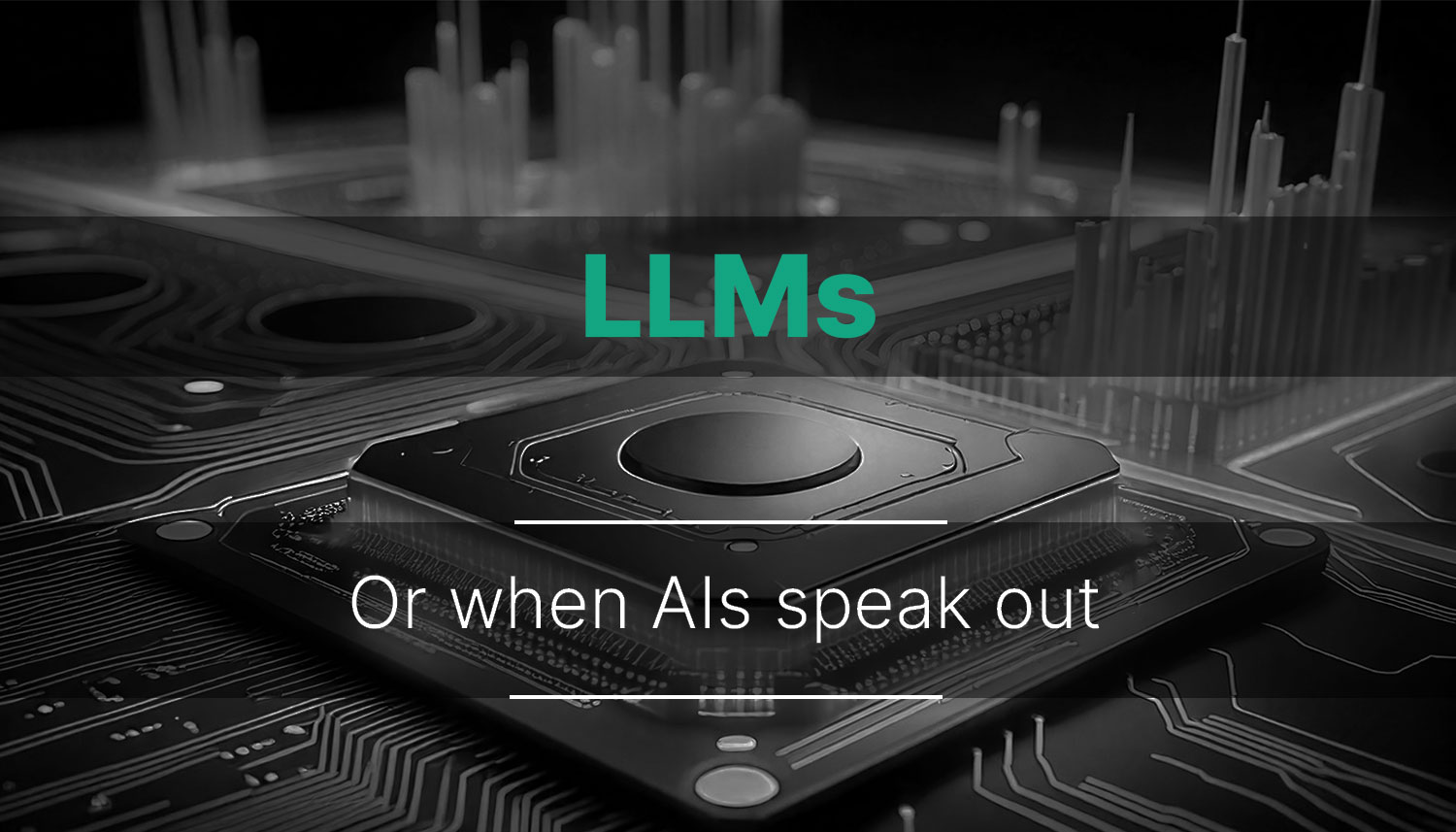Artificial Intelligence explained by those who create it
Artificial Intelligence (AI) is everywhere, it’s transforming our lives, businesses, and the way we see the world.
We hear a lot about AI, but understanding what it truly represents can be challenging.
That’s why Neovision shares its expert vision to demystify and simplify AI.
FROM AI TO AI SYSTEM
Speaking the same language
A shared definition of AI
In 2025, the AI Act marks a major advance in the field of artificial intelligence by establishing the first standardised regulatory framework in Europe, ensuring that this technology remains safe, ethical and transparent while promoting the European market.
With the evolution of regulation, we are no longer just talking about AI, the technological field as a whole, but also AI System (Artificial Intelligence System), to designate its specific applications. The AI Act provides a clear, common definition of these two concepts:
AI
“AI is a fast evolving family of technologies that contributes to a wide array of economic, environmental and societal benefits across the entire spectrum of industries and social activities.
By improving prediction, optimising operations and resource allocation, and personalising digital solutions available for individuals and organisations, the use of AI can provide key competitive advantages to undertakings and support socially and environmentally beneficial outcomes.”
— Extract page 2 of the AI Act from the European Commission
AI SYSTEM
“AI system means a machine-based system
that is designed to operate with varying levels of autonomy
and that may exhibit adaptiveness after deployment, and that, for explicit or implicit objectives, infers, from the input it receives,
how to generate outputs such as predictions, content,
recommendations, or decisions that can influence
physical or virtual environments.”
— Extract page 46 of the AI Act from the European Commission
AI ecosystem
AI, ‘AI gen’, ChatGPT, LLM… the field of artificial intelligence goes far beyond generative AI.
To understand AI in its entirety, you need to be able to understand how all these concepts relate to each other.
To deepen your understanding of AI, explore our vision of the landscape:
Data: The raw material that fuels models
Annotation, Exploration, Cleaning
Domains: Categories of algorithms and applications
Machine Learning (ML), Deep Learning (DL), Natural Language Processing (NLP), Computer Vision (CV), Operations Research (OR)
Tasks: Technical problems AI needs to solve
Classification, Segmentation, Regression, Object Detection
Models: Structures of algorithms
Neural Networks, DNN, CNN, RNN, LLM, VLM
Methods: Learning techniques
Transfer Learning, fine-tuning
Technologies: Specific tools and approaches in AI
RAG, OCR, Generative AI
AI IN ACTION
The discreet assistant that propels you
AI at your service
AI Systems can be used to manage tasks that are impossible or time-consuming, by optimising and automating these tasks and mimicking human capabilities.
AI does not replace humans: it assists them and enables them to concentrate on high added-value tasks.
AI is a driver of innovation, not only transforming the way we work, but also impacting many sectors by offering customised solutions to complex challenges.
There are many practical examples to browse!
BEHIND THE SCENES OF AI
From creation to its evolution
How to create an AI System?
Creating an AI System is a demanding process that involves several key stages. It requires specialised expertise and customised support to design a system that is efficient, reliable and appropriate to specific needs.
1
Structuration
Data is the raw material of AI Systems: like the ingredients of a recipe. It must be carefully selected, cleaned, annotated and organised if it is going to be used effectively.
2
Training
The appropriate algorithm is selected, and may be freely available (Open Source) or custom-designed. It is then trained to achieve a task using the data through repeated experiments.
3
Optimisation
After training, we obtain a model, a recipe, capable of analysing new data automatically.
Sometimes, the model must go through a few adjustments .
4
Production
The model is then beta-tested to assess its performance in real conditions. The solution is then integrated into the overal system for practical use, guaranteeing it answers requierments.
FURTHER EXPLORATION
AI never stops surprising you
Articles, Podcasts, Videos, Infographics, Press: discover the latest AI and Neovision news on our blog.


